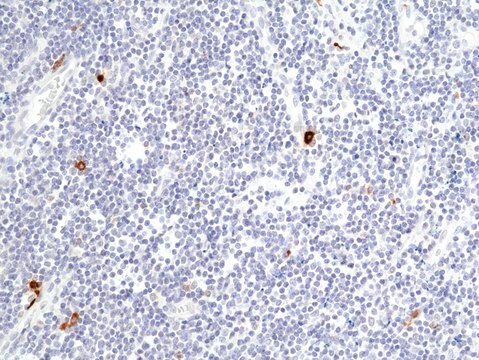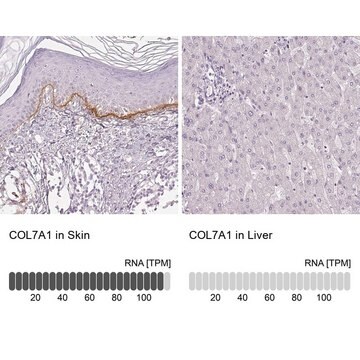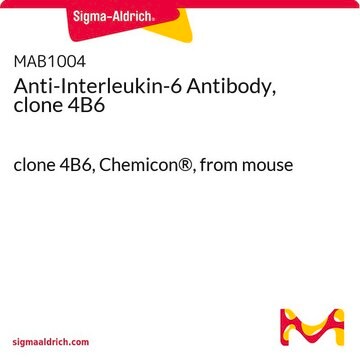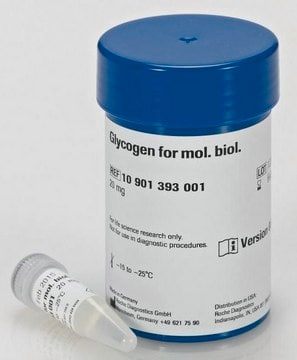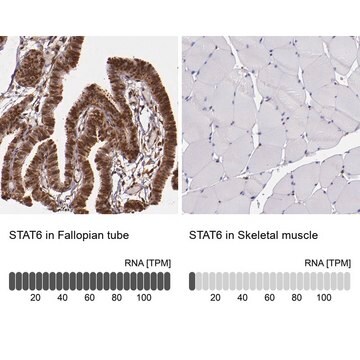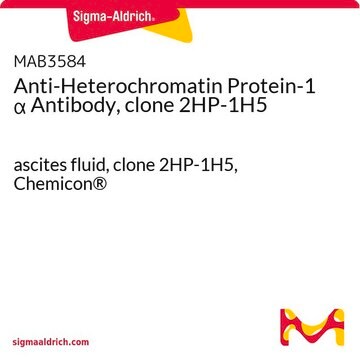MAB3070
Anti-Granzyme B Antibody, clone GrB-7
culture supernatant, clone GrB-7, Chemicon®
Synonym(s):
Anti-Anti-C11, Anti-Anti-CCPI, Anti-Anti-CGL-1, Anti-Anti-CGL1, Anti-Anti-CSP-B, Anti-Anti-CSPB, Anti-Anti-CTLA1, Anti-Anti-CTSGL1, Anti-Anti-HLP, Anti-Anti-SECT
About This Item
Recommended Products
biological source
mouse
Quality Level
antibody form
culture supernatant
antibody product type
primary antibodies
clone
GrB-7, monoclonal
species reactivity
human
manufacturer/tradename
Chemicon®
technique(s)
immunohistochemistry: suitable (paraffin)
western blot: suitable
isotype
IgG2a
NCBI accession no.
UniProt accession no.
shipped in
dry ice
target post-translational modification
unmodified
Gene Information
human ... GZMB(3002)
Specificity
Reacts specifically with human serine protease granzyme B. Does not cross-react with human granzyme A. Granzyme B localizes in cytoplasmic granules and can be used as a marker for NK cells and activated cytotoxic T-cells.
Application
Immunohistochemistry of granzyme B-expressing lymphocytes in sublimate sections and formalin-fixed paraffin-embedded tissues (1:20 dilution). Does not react with other cell types. Cannot be used on frozen sections.
Note on the use of MAB3070 on paraffin sections:
Tissue slides should be pretreated with an antigen retrieval method, such as treatment with 0.1M sodium citrate for 10 min at 100°C. A working dilution of 1:20 is advised, but optimal working dilutions must be determined by end user.
Apoptosis & Cancer
Metabolism
Apoptosis - Additional
Enzymes & Biochemistry
Physical form
Storage and Stability
Legal Information
Disclaimer
Not finding the right product?
Try our Product Selector Tool.
Storage Class Code
10 - Combustible liquids
WGK
WGK 2
Certificates of Analysis (COA)
Search for Certificates of Analysis (COA) by entering the products Lot/Batch Number. Lot and Batch Numbers can be found on a product’s label following the words ‘Lot’ or ‘Batch’.
Already Own This Product?
Find documentation for the products that you have recently purchased in the Document Library.
Our team of scientists has experience in all areas of research including Life Science, Material Science, Chemical Synthesis, Chromatography, Analytical and many others.
Contact Technical Service